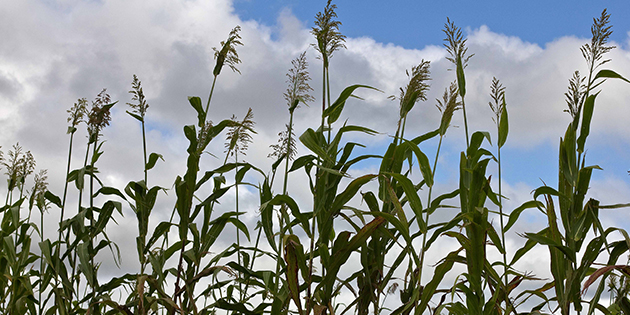Is a Flexible Farm Lease Right for You?
It is no secret that cash rents on farmland can be tough on tenants trying to turn a profit. If you are wondering how best to protect your profitability from cash rents, you are not alone.
Alison Rice is the markets and news editor for agweb.com. She recently published an article in TopProducer Magazine which helps to answer some of the most common questions regarding flexible farm leases.
In her article, 8 Common Questions on Flexible Farm Leases, Rice writes that with the prospect of low grain and soy pricing in the coming months, some producers are looking for options to protect their profitability. This may include the possibility of negotiating a flexible farm lease with their landlord.
Perhaps the most important question answered in the article is what is a reasonable base rent? After all, there is no point in trying to renegotiate if you are getting a good deal already. Rice says the definition of a reasonable base rent varies “from farm to farm, but generally, it should be lower than what the fixed-cash rent would be.”
According to extension economists at Iowa State, if your base rent is not lower than what the fixed-cash rent would be then the landowner does not share in any of the downside risk.
Some of the other questions Rice answers include:
- How many types of flexible farm leases are there?
- What is a reasonable revenue share?
- Could I end up paying more rent with a flexible lease vs. a fixed cash rent lease?
In the end, whether or not you should try to negotiate a flexible farm lease will depend on the answers to the questions in this article and your unique financial situation. While you may not get all the answers you are looking for in this article, it is certainly a good starting point.



